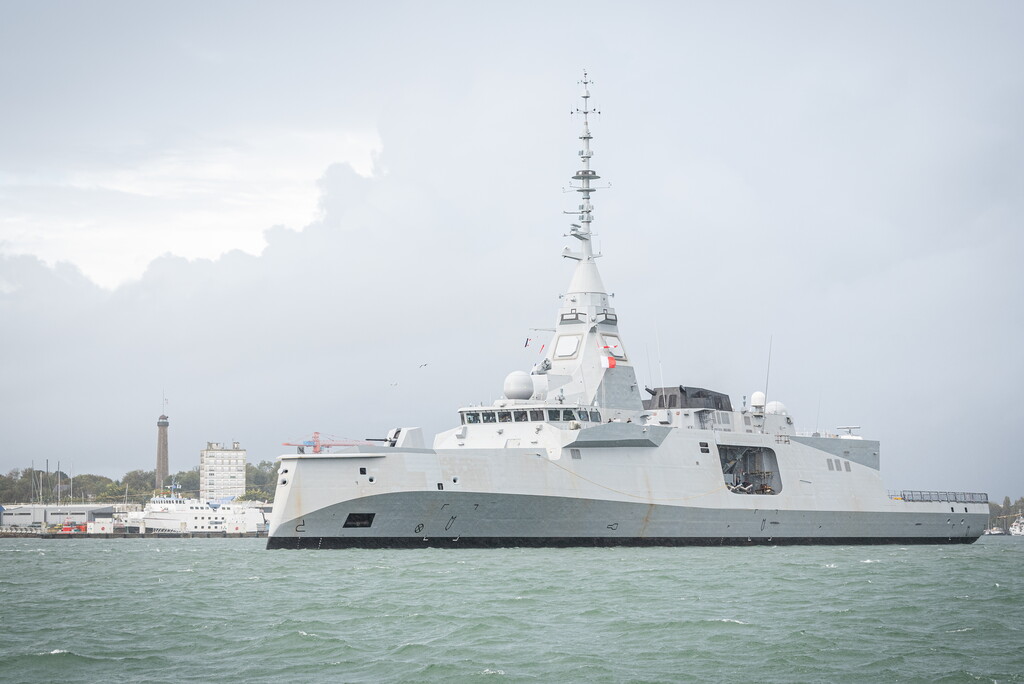Brexit and the pandemic have already had a significant impact on the defence policy of the United Kingdom. The forthcoming 2021 strategic review will need to define priorities, and from them make some major choices between two different approaches. The stakes for the Royal Navy are considerable.
The Royal Navy Faces the Budgetary Effects of Brexit and Covid-19
Quite apart from the loss of human life incurred, the health crisis and its management by Her Majesty’s government has led to a financial tremor and an economic crisis that will have a lasting effect on the United Kingdom for the next five to six years. Although the British government has made wide-scale efforts to assist its citizens and attempt to maintain public finances—flying in the face of traditional Conservative policy—the economy of the United Kingdom is reeling dangerously under the combined effects of Brexit and the pandemic.
The Covid employment rescue plan alone will cost £10 billion per month, and the government has promised to support and guarantee more than £30 billion in loans to businesses. At the same time fiscal receipts are falling dramatically and the country is entering what will be the deepest recession in three hundred years. The Office for Budget Responsibility (OBR) has forecast that the deficit will reach £273 billion, the greatest since the Second World War, and the Bank of England foresees a reduction in GDP in 2020 of some 20 to 25 per cent (the forecast was 14 per cent last May).
While the measures taken to protect individuals and businesses are fully justifiable, the financial, economic and social costs will long be felt in a society already strained by the interminable Brexit process and the deep divisions that it has engendered. The Chancellor of the Exchequer will have to make some drastic decisions if he is to rebalance public finances.
Il reste 92 % de l'article à lire







